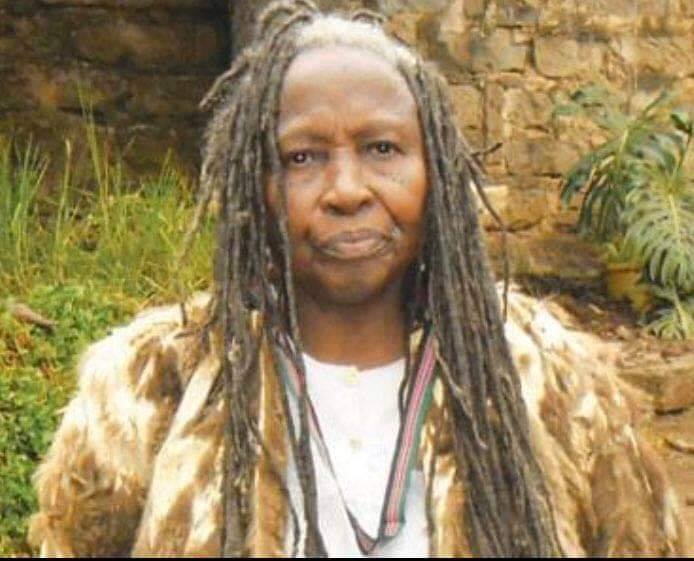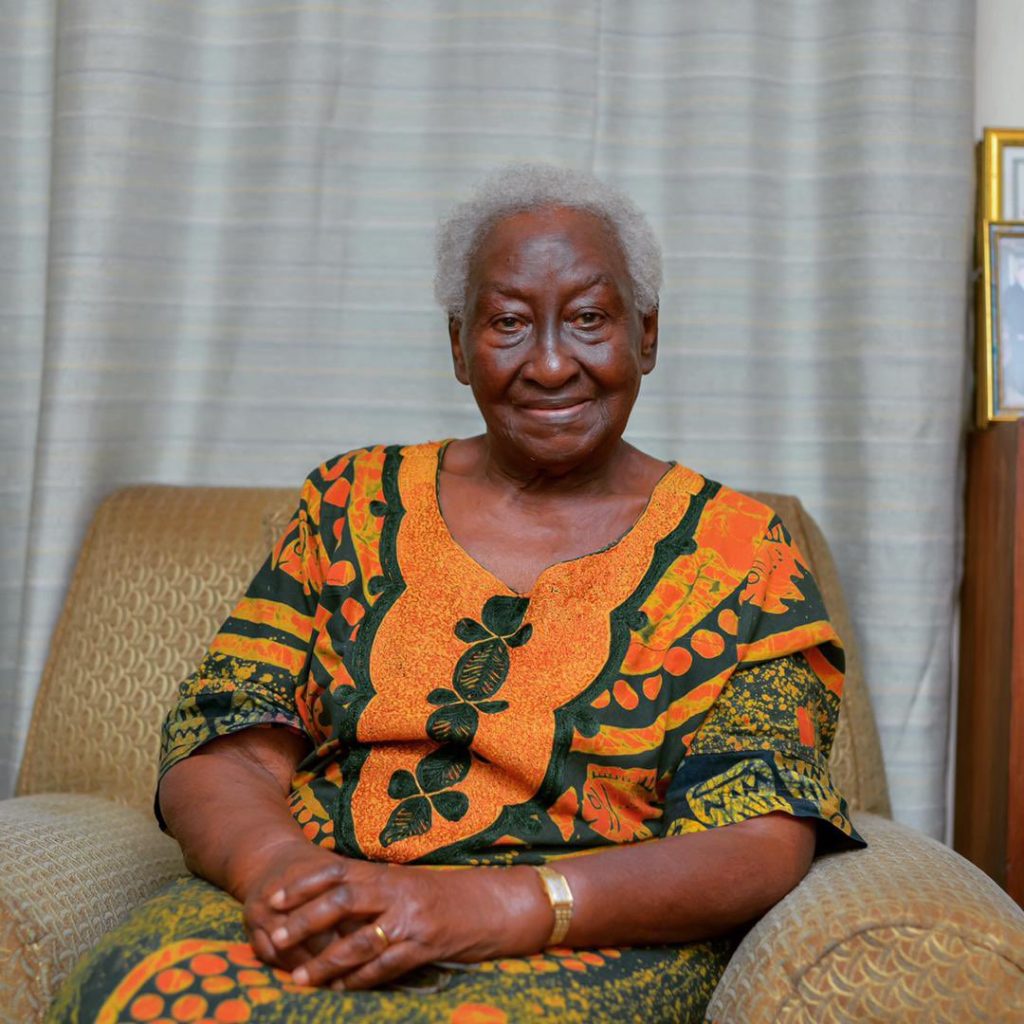When East African countries were fighting for independence, many people were involved, not just the well-known male leaders we often hear about, women were also part of the struggle. They mobilized communities, led protests, made decisions and stood up to powerful systems.
Here are three women from Kenya, Uganda and Tanzania who played key roles in the fight for freedom and whose impact continues to be felt today.
Bibi Titi Mohamed – Tanzania

From the 1950s, Bibi Titi wasn’t afraid to speak up and women across Tanzania trusted her. As one of the few women in politics at the time, she used her power to bring more women into the independence struggle through TANU, the party led by Julius Nyerere. Bibi Titi believed that freedom wasn’t just for men, women also had to be part of the fight.
In 1969, she was arrested and charged with treason but many believed it was political. After years in prison, she was released, but her name was never fully restored. Still, her impact is felt across Tanzania and remains in every woman who dares to speak up today.
Field Marshal Muthoni wa Kirima – Kenya

While men were fighting in the forest during the Mau Mau Uprising (1952-1960), there was one woman who rose through the ranks, Muthoni wa Kirima. She wasn’t just part of the struggle, she led it. She was the only woman ever given the title “Field Marshal.” Kirima began as a spy before joining the Mau Mau fighters in the forest. Thanks to her sharp instincts and strong leadership, she rose through the ranks, first becoming a General and later earning the highest rank of Field Marshal. She lived in the forest, organized fighters and risked everything for Kenya’s freedom.
After independence, she lived a quiet life in Nyeri. It wasn’t until 2022 that the government officially recognized her, but to those who know history, Muthoni had already earned her place long ago.
Hon. Rhoda Nsibirwa Kalema – Uganda

Hon. Rhoda Nsibirwa Kalema didn’t fight with weapons, her weapon was her voice. In the 1960s, she was one of the first women parliamentarians in Uganda, a time when politics was seen as “a man’s job.” When Idi Amin came to power, her life was turned upside down. Her husband was killed and she was forced to flee, but after Amin’s fall, she returned and helped rebuild Uganda’s politics with honesty and strength. She became a mentor to many young leaders and always pushed for women to take up space in decision-making.
These three women fought not just for independence from colonial rule, but also for space, voice and respect in societies that often ignored women’s power.
Today, women across East Africa continue to fight for rights, justice and freedom, just like Bibi Titi, Muthoni wa Kirima and Rhoda Kalema did, refusing to back down.






